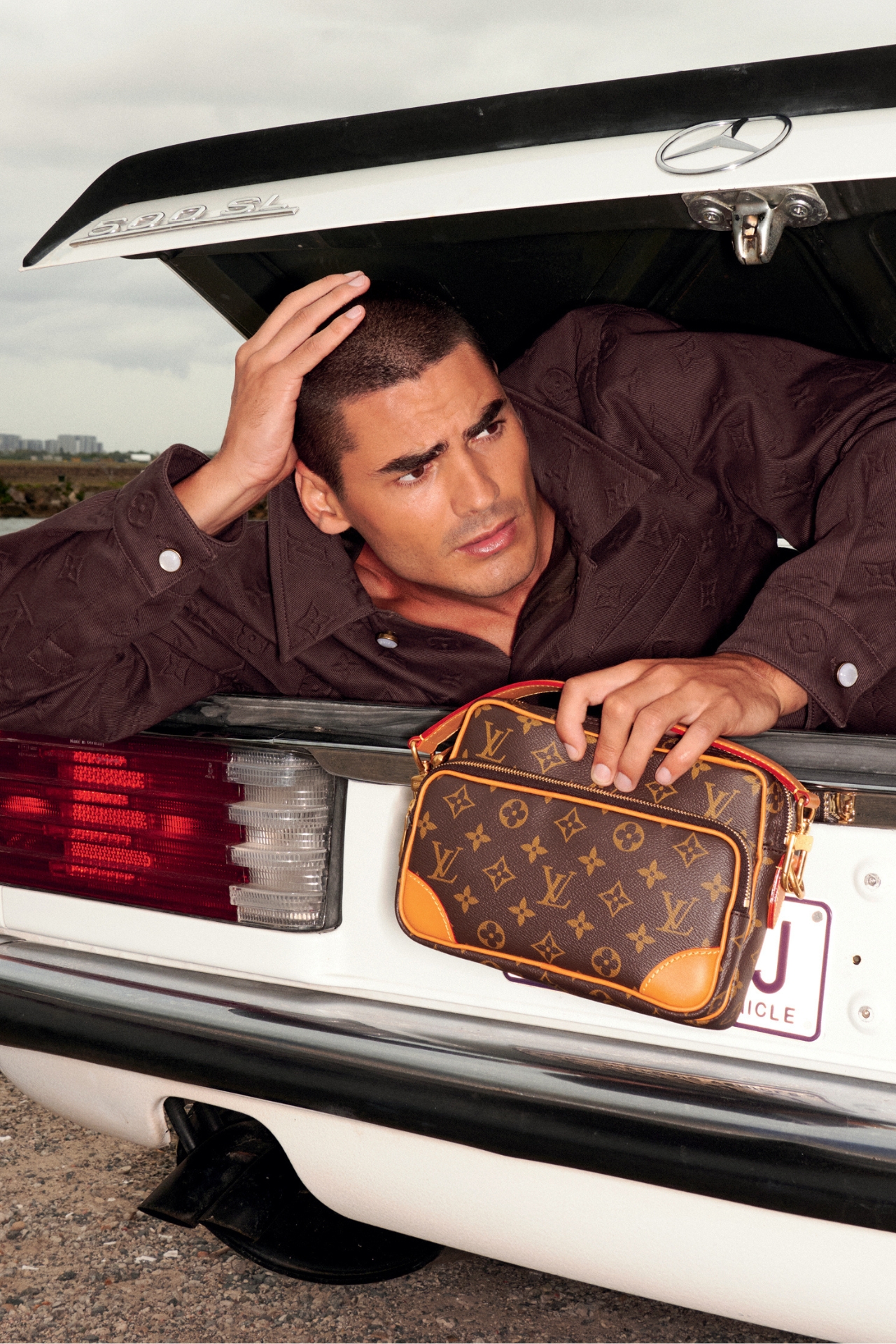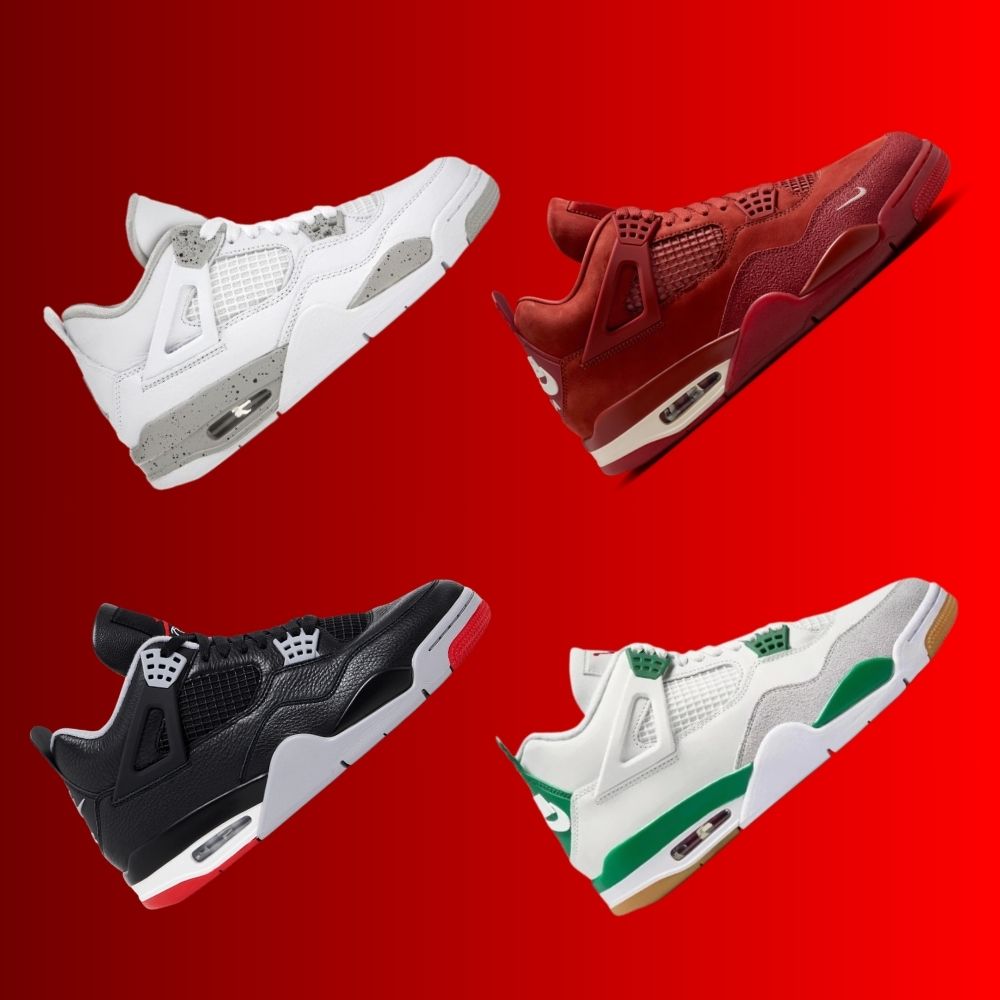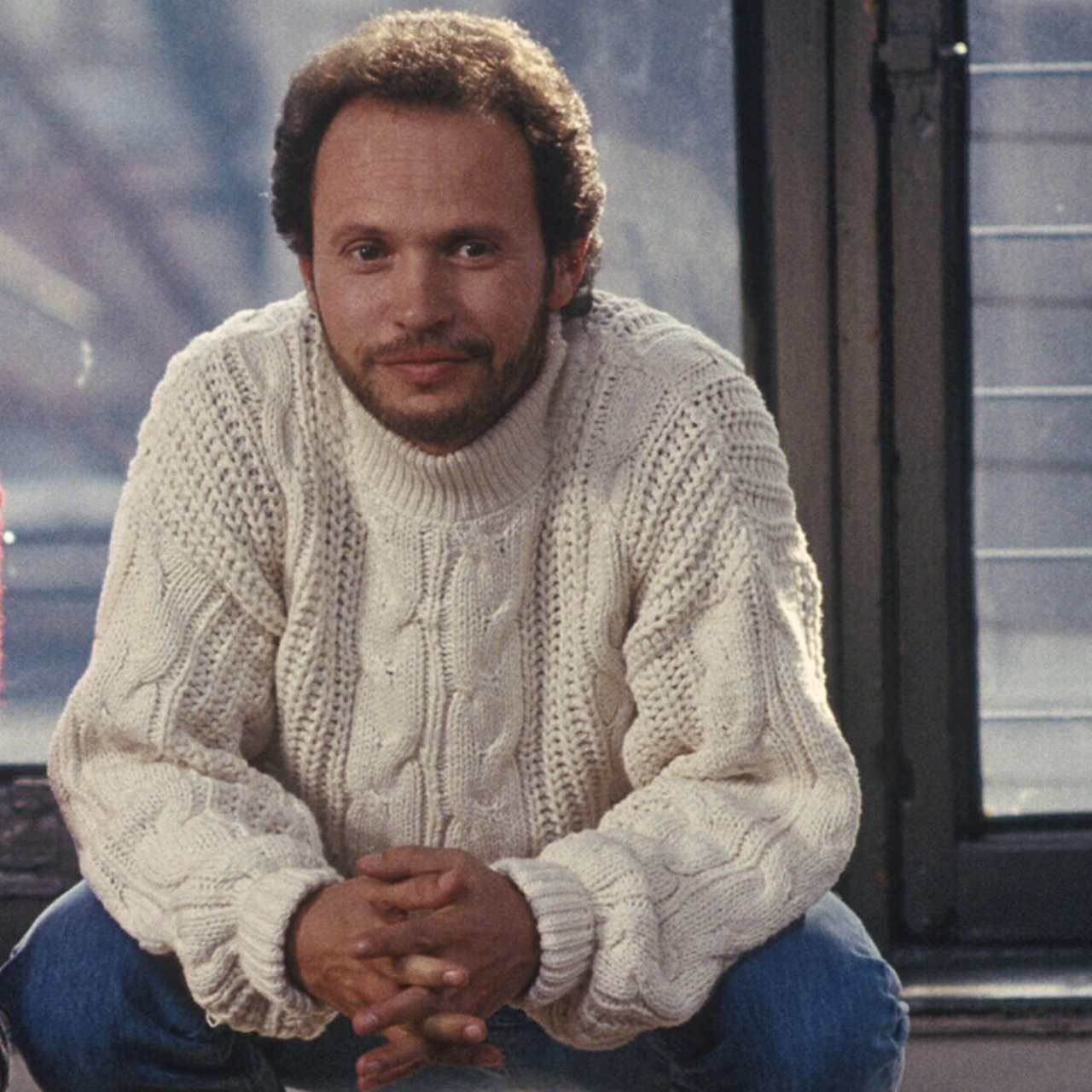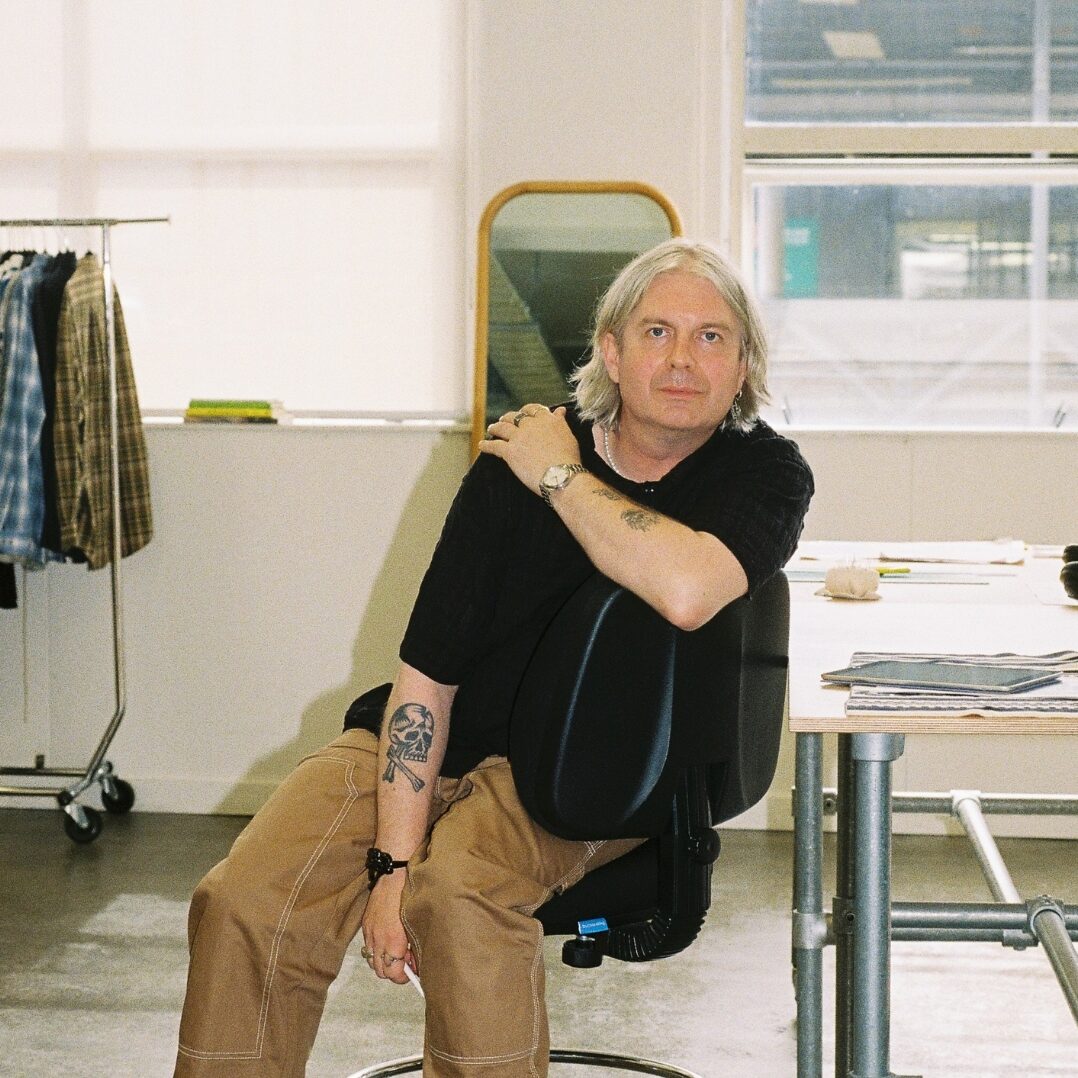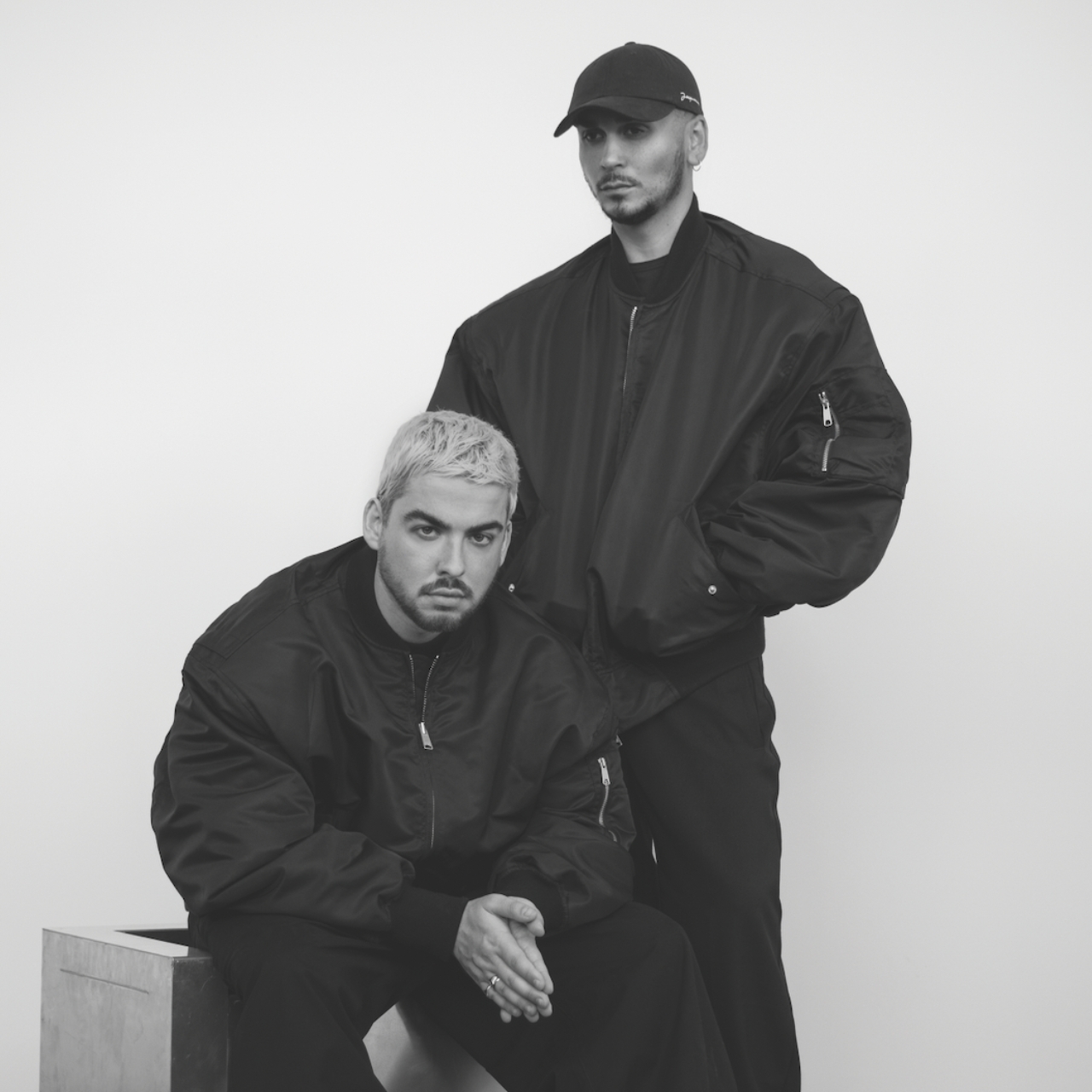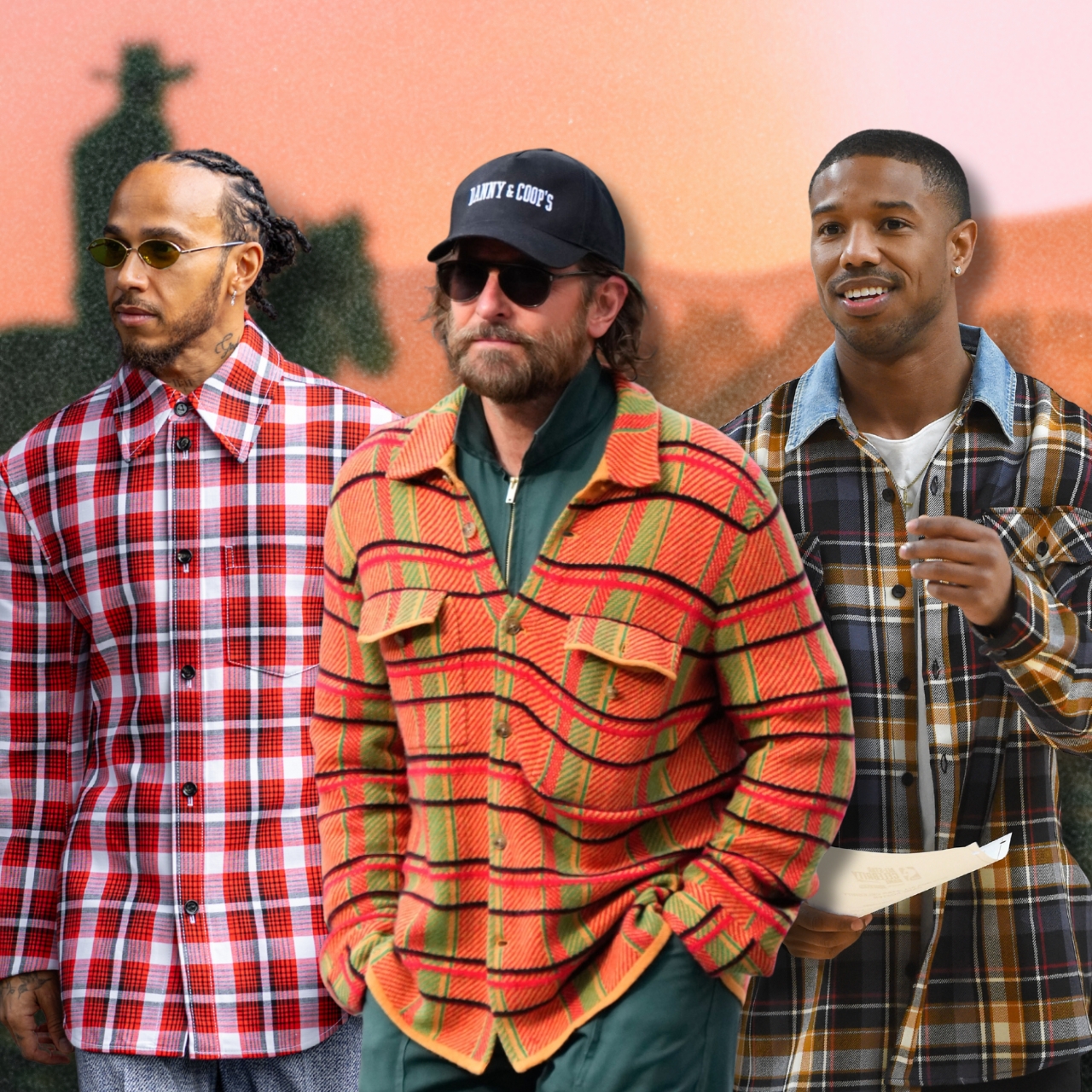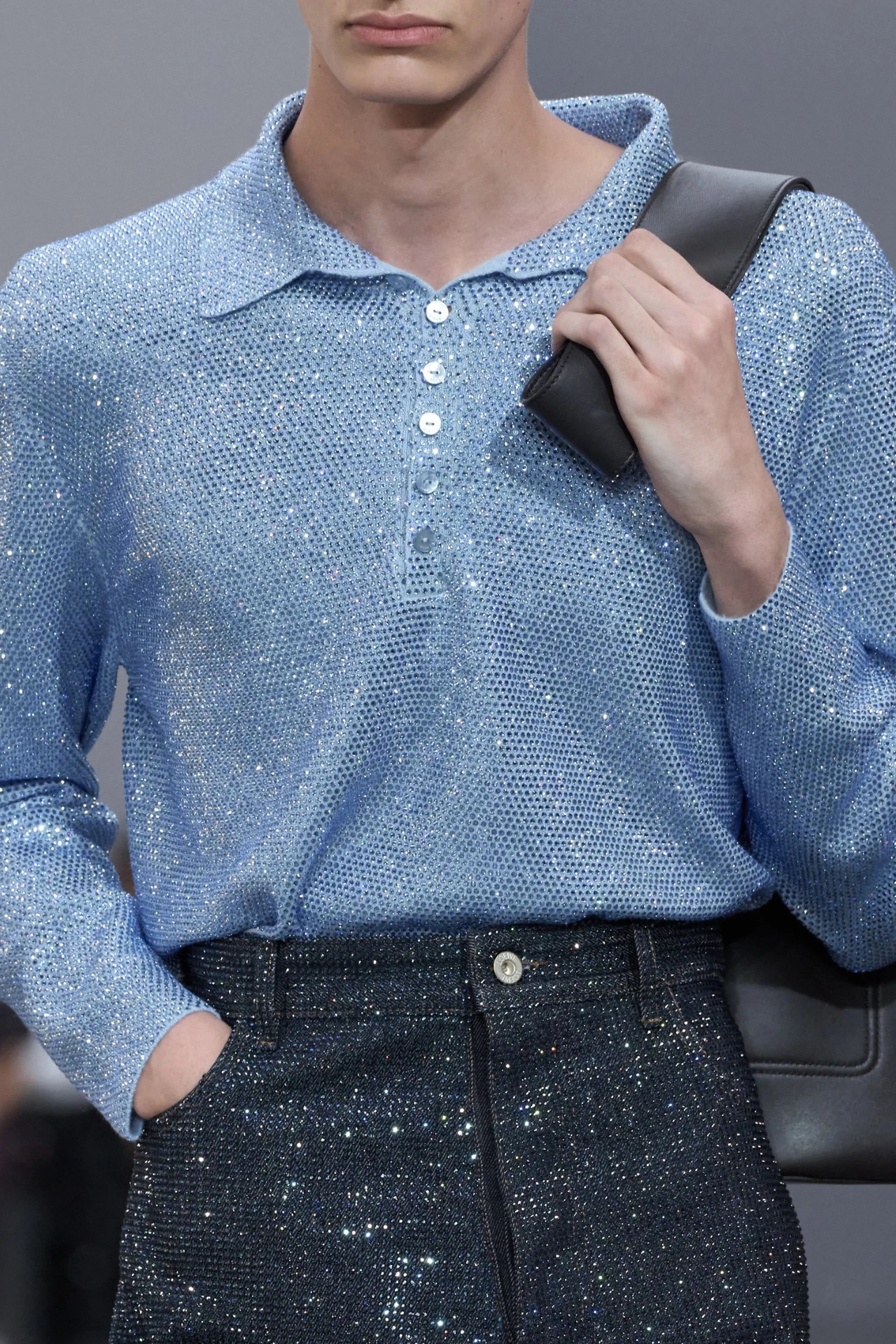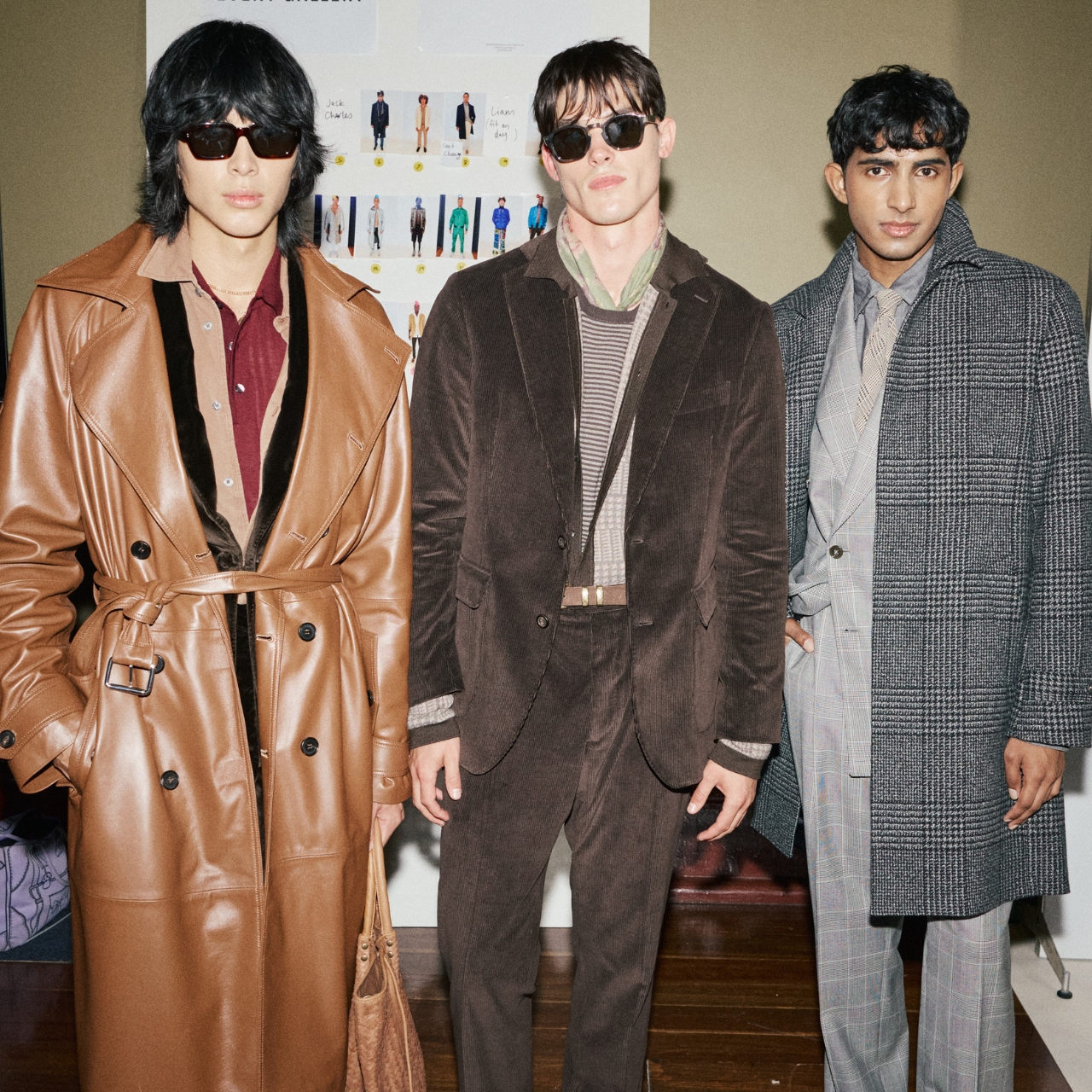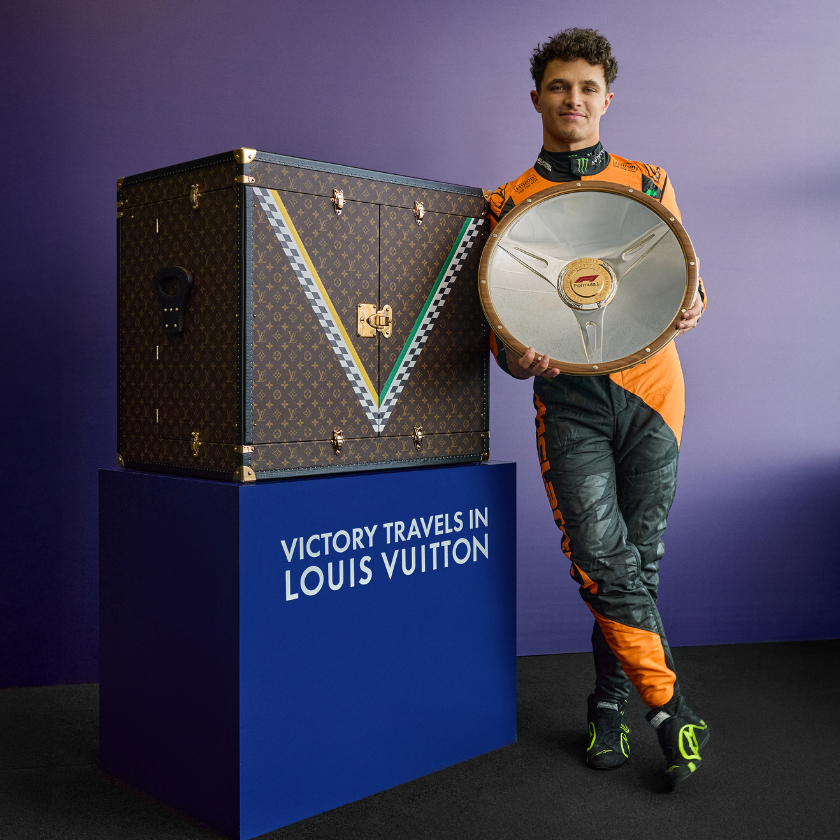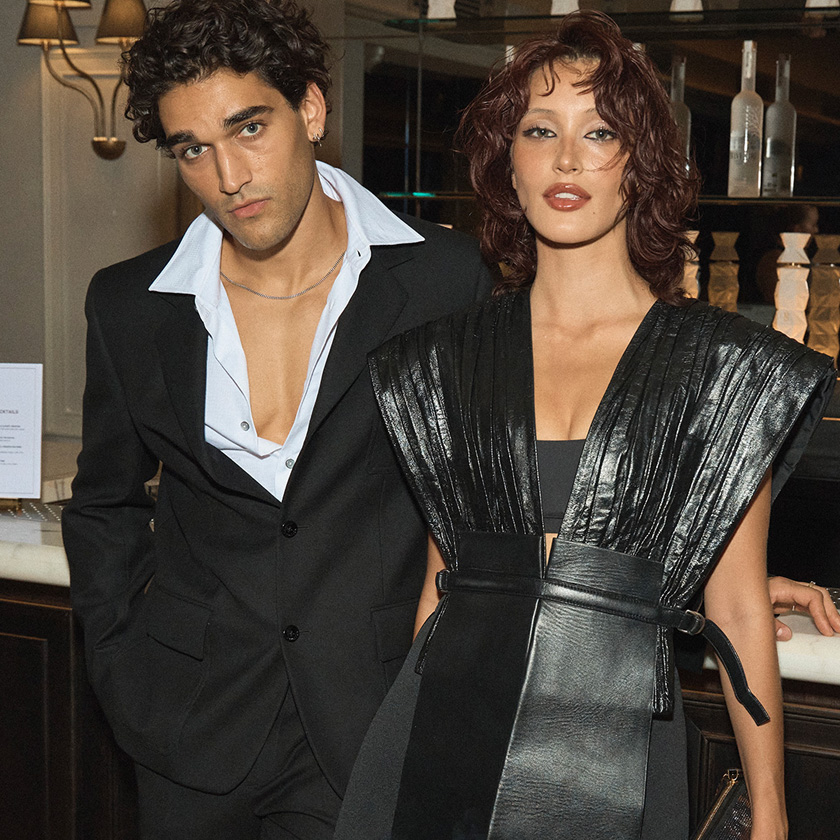How to shop for archival menswear, according to an expert
We chat the owner of Sydney-based fashion archive Qurated for his advice on what to avoid, popular designer pieces on the market right now, and the best cities in the world to shop for holy grails
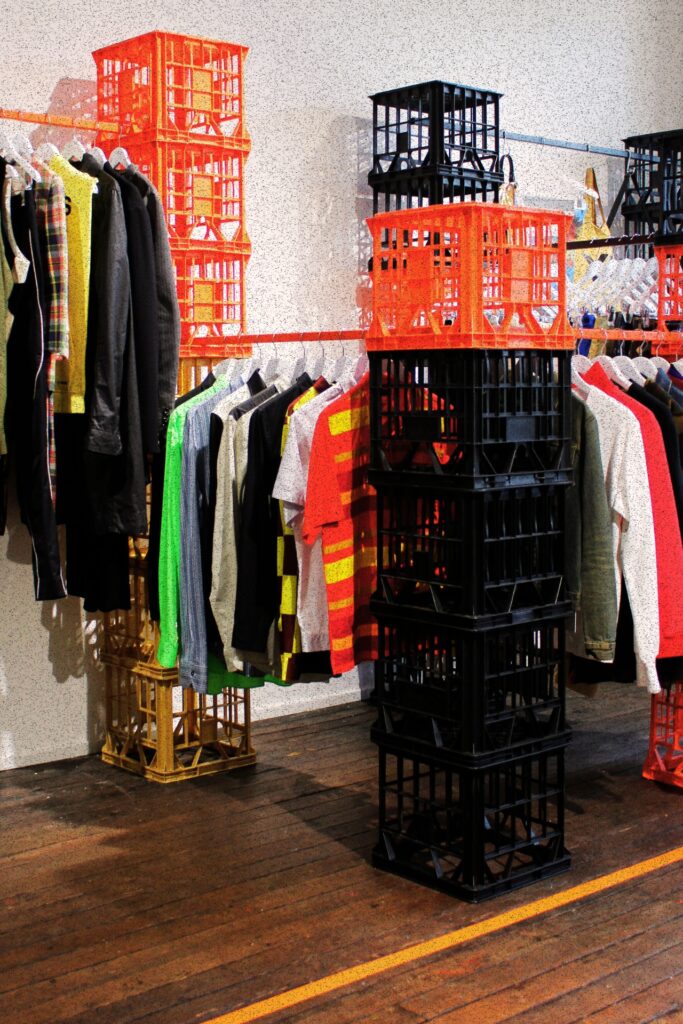
WHILE WE’VE GROWN accustomed to seeing famous men with full-time personal stylists wearing archival pieces, you don’t need to be Timothée Chalamet to pull off, say, an asymmetrical moto jacket from Raf Simons’ autumn/winter ’97-’98 collection. If you know where to look, and what you’re looking for, you can pick up a rare gem for yourself, and, should you join the crew of borderline obsessive menswear grail hunters, build out your own archival collection. Most of menswear is already built on this nerd-dom anyway, but if you’re looking to advance your searches beyond eBay alerts (it’s the dopamine, we get it), Sydney-based archive enthusiast and owner of Qurated Nick Freeman has some advice on how to shop around like a collector.
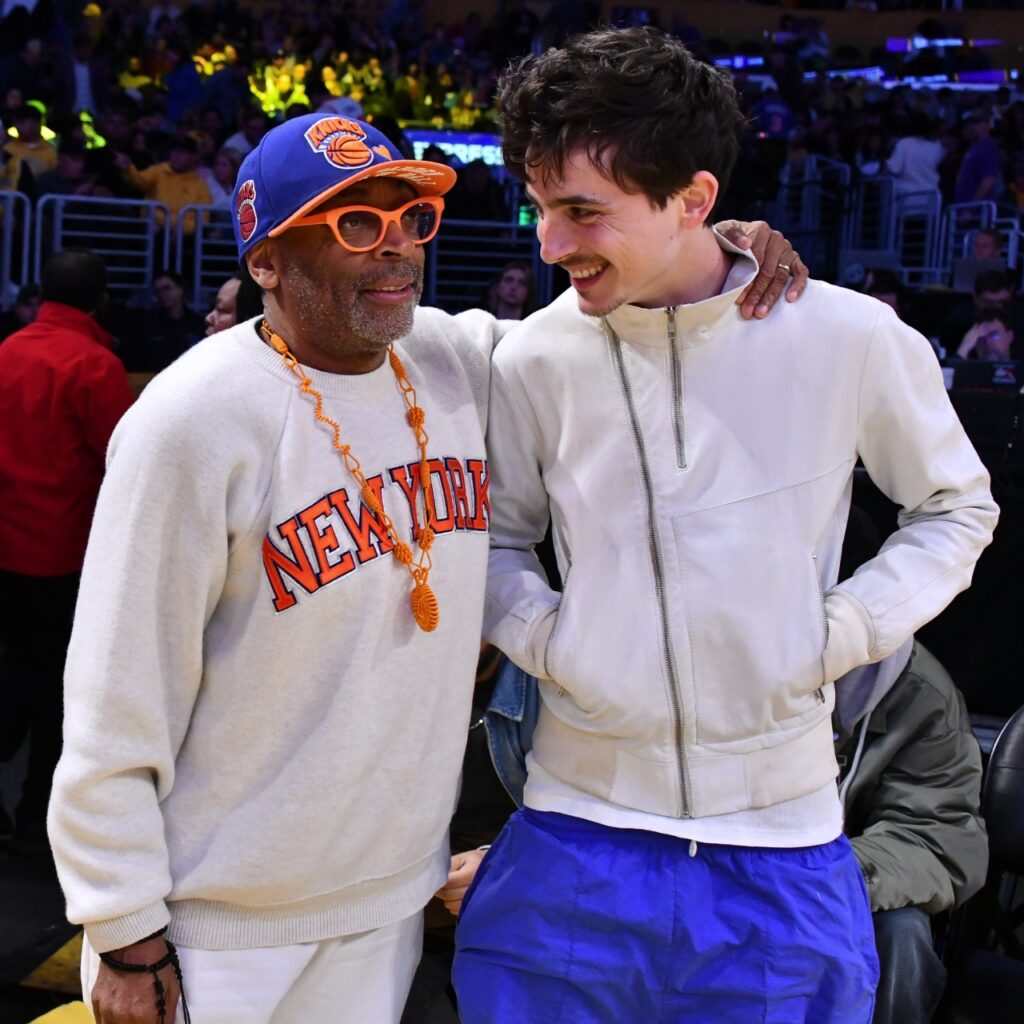
Visiting his store on leafy Foveuax Street in Surry Hills, Freeman stocks international cult labels from Comme des Garçons to Yves Saint Laurent; his collection spans decades, featuring work from the most formative points of certain creative directors’ careers. Each garment, hung off rails held up by towered milk crates, is given a tag with the name of the brand, its designer, and its season or era. His approach is no less exacting (he often scrolls through museum databases to pin point the provenance of garments he acquires), while much of his stock is acquired from global collectors.
We caught up with the specialist for a chat about what to steer clear of when shopping around, what designer archives house hot ticket items in the space right now, plus some of his favourite global cities to shop for holy grails.
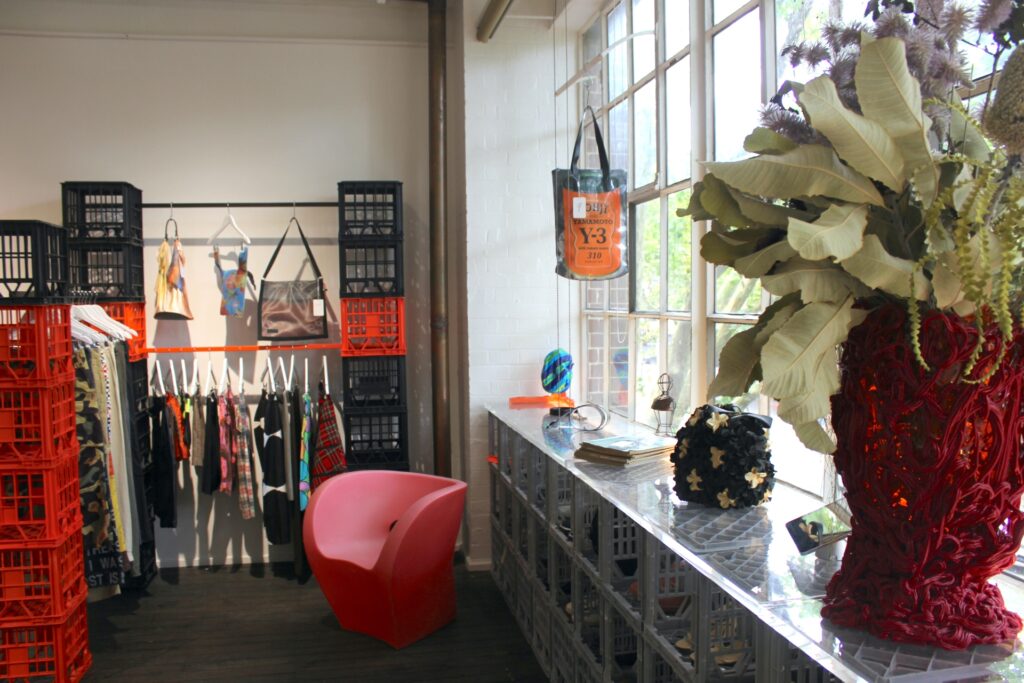
Steer clear of trends
While shopping for archival pieces may be popular pasttime, Freeman says you shouldn’t be looking around with specific trends in mind. “Because archival, as a market or a niche, is based around clothing that is, in some cases, 40 plus years old,” he says. What he recommends instead is zeroing in on designers whose aesthetic you align with regardless of trends. “[Archival] clothes are timeless in different ways.”
In terms of in-demand designer archives, celebrities make up some of the direction. Freeman affirms the uptick in interest when a celebrity steps out in a rare archival pull from a particular designer. Seeing a piece that hasn’t seen the light of day since the ’90s on a celeb of the moment can foster renewed interest and appreciation he says. “That’s going to have a knock on effect and people will start searching more for that collection. Things like that affect desire and customer interest.”
Do your homework on a designer’s archive and an ‘era’
Shopping archival is a nerd’s game, and sifting through racks or online marketplace pages can be time-consuming, vision-blurring work. Freeman says knowing what you’re looking pays dividends. Inside his store in Surry Hills, he pulls out a Dries Van Noten jacket, which he can clock was made in the ’90s from the label’s font and design. Spending years collecting pieces of his own even before founding Qurated, noticing these minute details is the collector’s mentality that Freeman describes as “an exact science”.
Stocking pieces that are designed by the label’s founder or by an important designer who took over has been Freeman’s mode of operation since he founded Qurated. Popular designer ‘eras’ he points to on the archive market include Alexander McQueen for Givenchy, Tom Ford for Gucci, or Raf Simons for Calvin Klein, all of which he stocks.
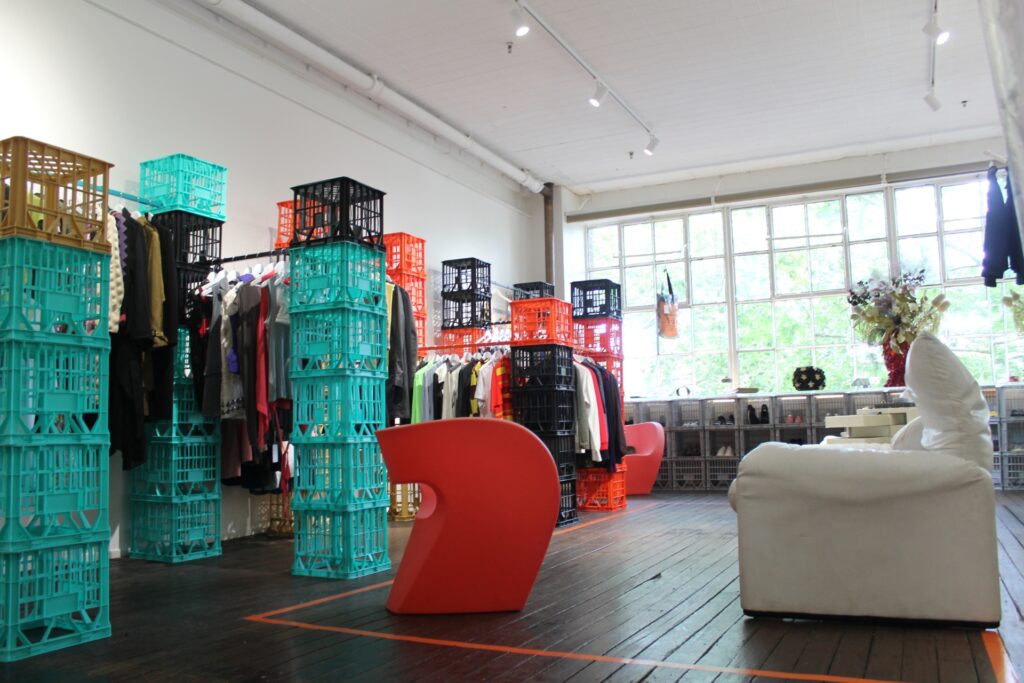
Popular designer archives to look out for
Of the designers he says are popular in the archival fashion space, cult Japanese labels like Comme des Garçons, Yohji Yamamoto and Issey Miyake are evergreen. For Freeman, the appeal of Comme, for instance, in the market is the plethora of diffusion lines under the banner. “[There’s] an accessibility spectrum to get in and then climb,” he says, comparing Comme des Garçons Homme Plus (the main menswear line) and Play Comme des Garçons (the mainstream line known for its heart motif and Converse collaborations), which cater to different price points.
An avid collector himself, Freeman has been noticing a growing appreciation for Belgian designers like Ann Demeulemeester and Martin Margiela, the American designer Rick Owens, and the Italian designer Romeo Gigli for something more niche.
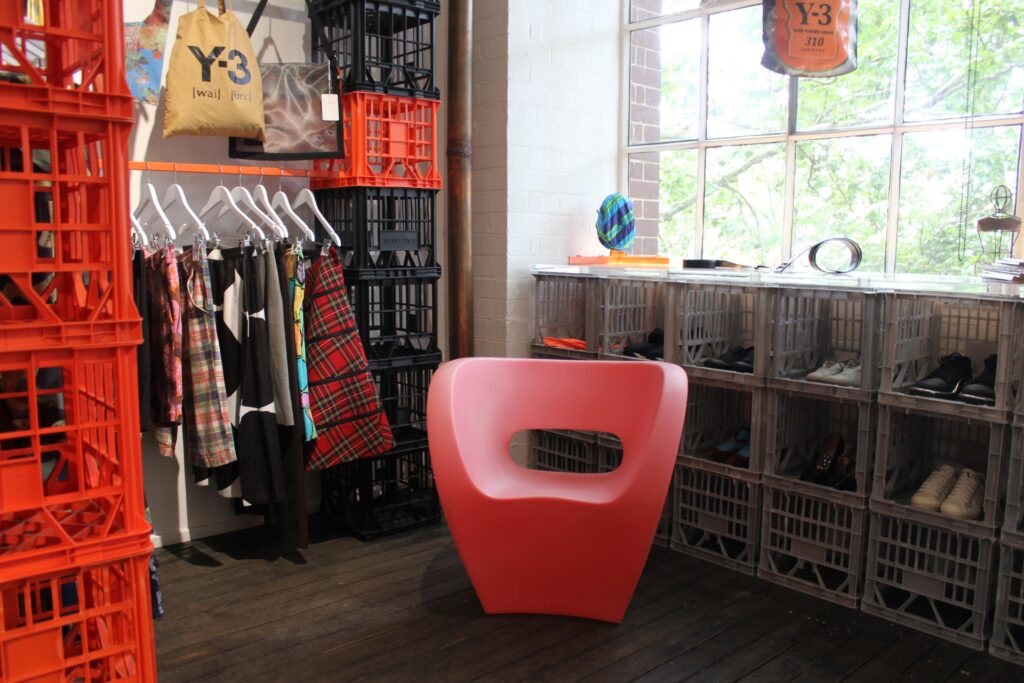
The best cities in the world to shop for archival fashion
“Shopping in the home country of any label will likely mean that you’ll find more of their pieces [there],” he says. Menswear enthusiasts as of late, fuelled by the weak yen, have been flocking to Tokyo to shop large on the Japanese designers Freeman mentioned earlier. “Belgium, for instance, is great for the Antwerp Six and other European brands,” he adds.
While fashion capitals from New York to Paris remain more established markets with specialised sellers and archivists, Freeman notes that shopping archival fashion in a largely untouched market like Australia makes it accessible. “People [in Australia] are, relatively speaking, still coming around to the niche and the cultural importance of these designers, which can lead to typically more affordable finds.”
And as online marketplaces have connected us all to a replenishing global repository of stock and vendors, Freeman believes that shopping in person for archival helps create a greater connection to the provenance of what we wear. “This is how you learn about size, fit and which designers work for your body. Sometimes, a brand’s sizing can change drastically from one season to the next, making it difficult to gauge online.”
There’s a reverent aspect to it, too, something he likened to wearing a piece of history.
“Being able to touch and try something on in person can develop a way greater appreciation for brands. With a lot of these labels, there’s more of a philosophy that gets transmitted through the clothing.”
You can visit Qurated at Suite 20/151 Foveaux St, Surry Hills, Sydney.
Related:









